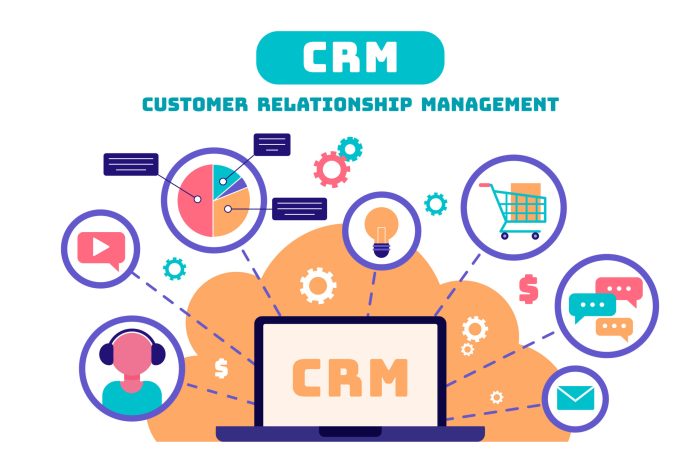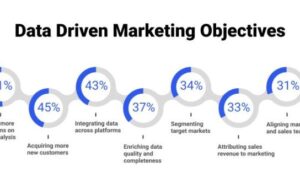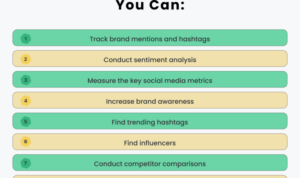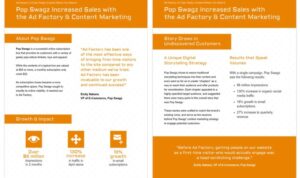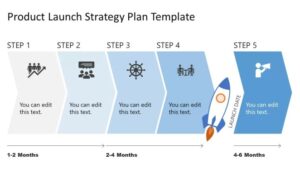Using CRM Tools in Marketing sets the stage for this enthralling narrative, offering readers a glimpse into a story that is rich in detail with american high school hip style and brimming with originality from the outset.
When it comes to marketing, customer relationship management tools play a crucial role in shaping success. From enhancing customer loyalty to streamlining processes, CRM tools are the secret sauce behind many successful marketing strategies. Let’s dive deeper into this dynamic world of CRM tools in marketing.
Importance of CRM Tools in Marketing: Using CRM Tools In Marketing
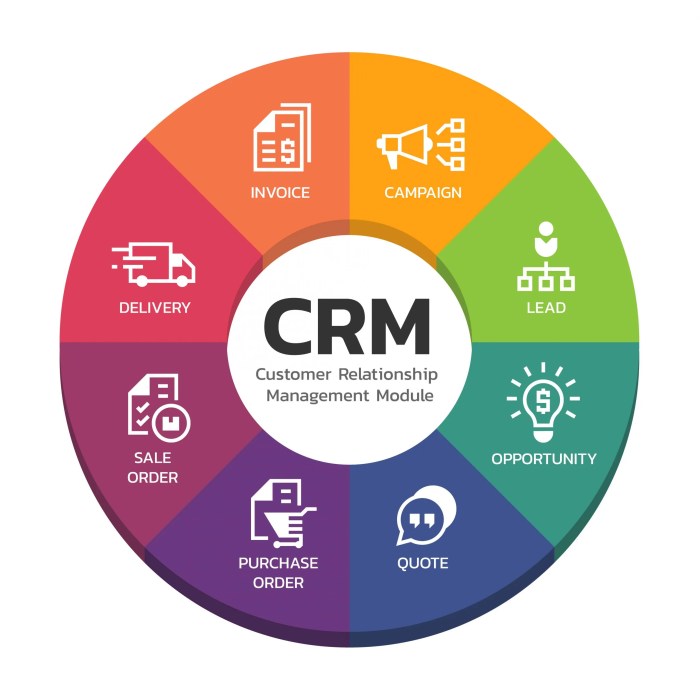
CRM tools play a crucial role in modern marketing strategies, providing businesses with the necessary tools to enhance customer relationships, improve retention rates, and streamline marketing processes.
Enhancing Customer Relationships
CRM tools allow businesses to gather and analyze customer data, enabling personalized communication and targeted marketing campaigns. By understanding customer preferences and behaviors, companies can tailor their offerings to meet individual needs, ultimately strengthening the relationship between the brand and its customers.
Impact on Customer Retention and Loyalty
By utilizing CRM tools to track customer interactions and purchase history, businesses can identify at-risk customers and implement strategies to improve retention rates. By providing exceptional customer service and personalized experiences, companies can foster loyalty and turn one-time buyers into repeat customers.
Streamlining Marketing Processes
CRM tools help marketers automate repetitive tasks, manage leads efficiently, and track campaign performance in real-time. This automation not only saves time but also ensures that marketing efforts are targeted and effective, resulting in higher ROI and improved overall marketing strategy.
Types of CRM Tools Used in Marketing
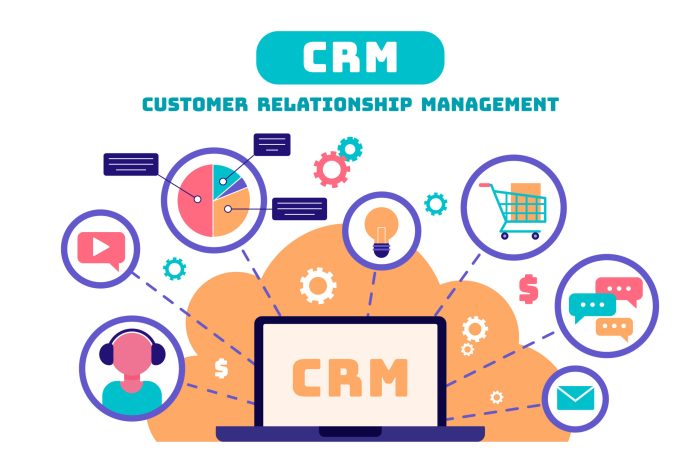
CRM tools used in marketing can vary in their features and functionalities, catering to different needs and preferences of businesses. Two common types of CRM tools are cloud-based solutions and on-premise systems.
Cloud-Based CRM Tools
Cloud-based CRM tools are hosted on remote servers and accessed through the internet. They offer the flexibility of accessing data from anywhere with an internet connection, making them ideal for businesses with remote teams or multiple locations. Some popular cloud-based CRM tools include:
- Salesforce: Known for its user-friendly interface and extensive customization options, Salesforce is widely used by businesses of all sizes.
- HubSpot CRM: Offering a range of marketing and sales automation features, HubSpot CRM is popular among small to medium-sized businesses.
- Zoho CRM: Zoho CRM provides a comprehensive suite of tools for managing sales, marketing, and customer support processes.
Cloud-based CRM tools are known for their scalability and ease of integration with other software applications, allowing businesses to streamline their operations efficiently.
On-Premise CRM Solutions, Using CRM Tools in Marketing
On-premise CRM solutions involve hosting the software on the company’s own servers and infrastructure. While they offer more control over data security and customization options, they require a higher initial investment and ongoing maintenance. Some examples of on-premise CRM tools are:
- Microsoft Dynamics CRM: Offering robust features for sales, marketing, and customer service, Microsoft Dynamics CRM is a popular choice for large enterprises.
- SAP CRM: Integrated with SAP’s suite of business applications, SAP CRM provides advanced analytics and reporting capabilities.
- Oracle CRM: Known for its scalability and industry-specific solutions, Oracle CRM caters to businesses with complex sales cycles.
On-premise CRM solutions are preferred by businesses that prioritize data security and customization options, willing to invest in infrastructure and IT resources for maintenance.
Implementing CRM Tools in Marketing Strategy
Implementing CRM tools in your marketing strategy is crucial for enhancing customer relationships and driving business growth. By integrating CRM tools effectively, businesses can streamline their marketing efforts, personalize customer interactions, and improve overall efficiency. Below are the steps involved in integrating CRM tools into a marketing strategy:
Training Marketing Teams to Use CRM Tools
Training your marketing teams to effectively use CRM tools is essential for maximizing their potential. Here are some tips for training your teams:
- Provide comprehensive training sessions on how to use the CRM tools effectively.
- Offer hands-on practice and real-life scenarios to ensure understanding.
- Encourage continuous learning and provide ongoing support for any questions or issues.
- Monitor progress and provide feedback to help improve skills and utilization of CRM tools.
Maximizing ROI of CRM Tools in Marketing Campaigns
To maximize the ROI of CRM tools in your marketing campaigns, consider the following best practices:
- Segment your target audience based on customer data to deliver personalized marketing campaigns.
- Utilize automation features to streamline marketing processes and save time.
- Track and analyze performance metrics to measure the effectiveness of your campaigns.
- Integrate CRM tools with other marketing platforms for a seamless workflow and data sharing.
Personalization and Targeting with CRM Tools
Personalization and targeting are key components of successful marketing campaigns, and CRM tools play a crucial role in enabling businesses to achieve this effectively. By leveraging customer data and insights, companies can create personalized marketing strategies that resonate with their target audience on a deeper level.
Examples of Successful Targeted Marketing Strategies using CRM Tools
- Amazon’s personalized recommendations based on past purchases and browsing behavior.
- Sephora’s targeted email campaigns offering product recommendations based on customers’ previous purchases and preferences.
- Spotify’s personalized playlists and recommendations based on listening history and user preferences.
The Role of Data Analytics in Leveraging CRM Tools for Targeted Marketing
Using data analytics alongside CRM tools allows businesses to gain valuable insights into customer behavior, preferences, and engagement levels. By analyzing this data, companies can segment their audience more effectively, tailor marketing messages to specific groups, and measure the success of their campaigns. This data-driven approach not only enhances targeting but also helps businesses build stronger relationships with their customers.
